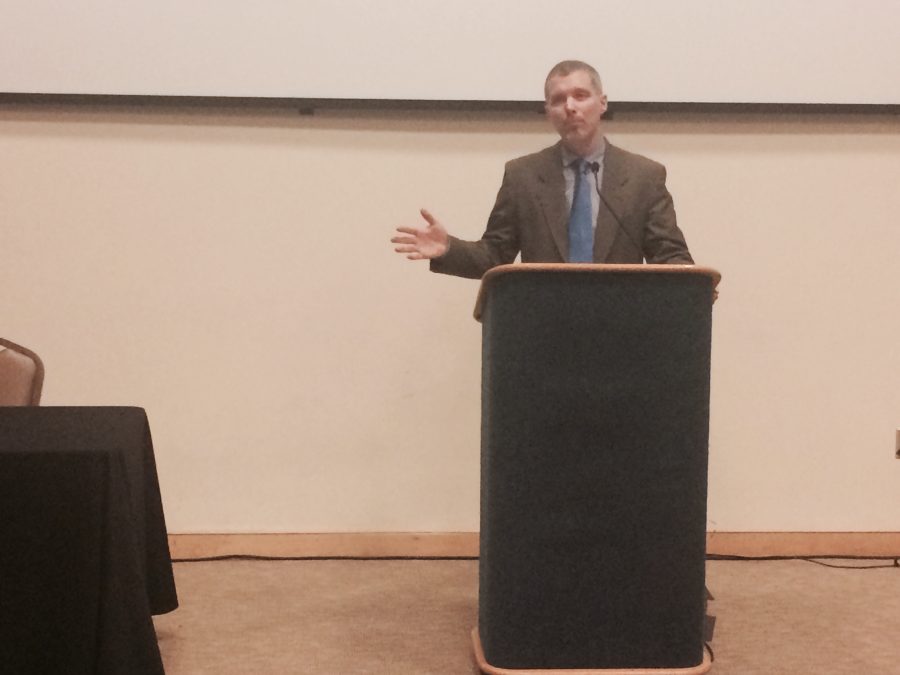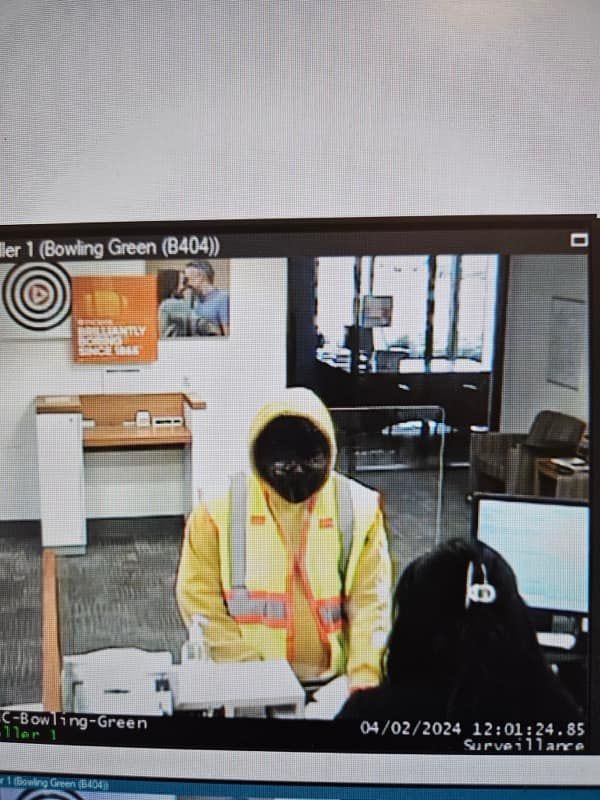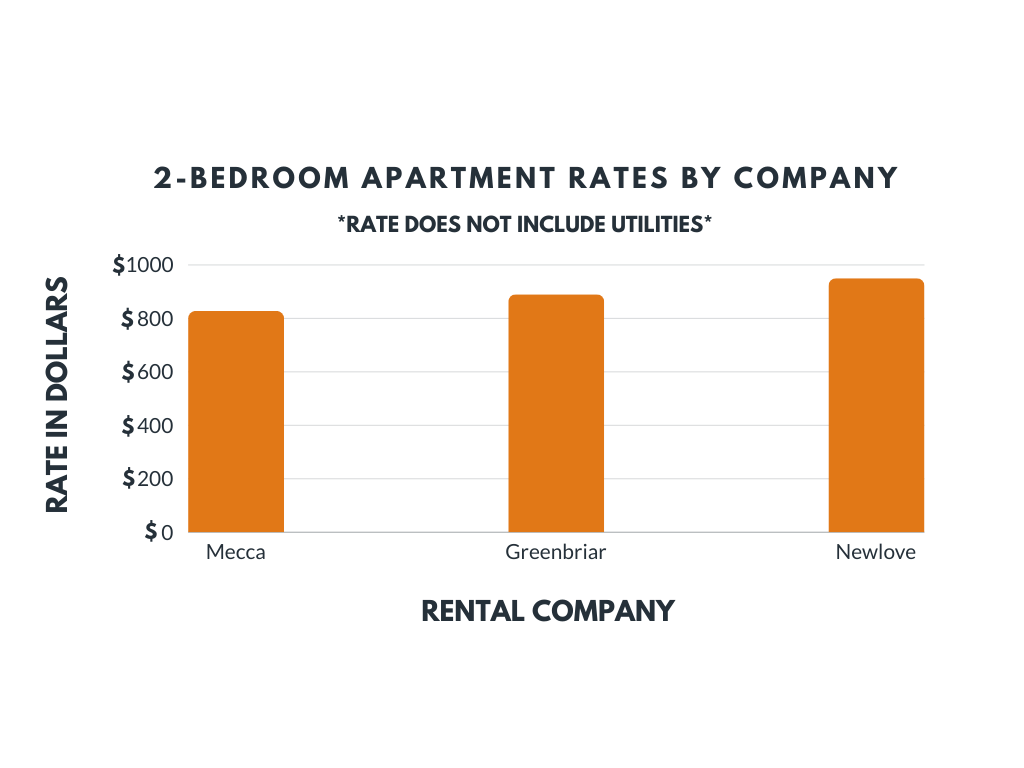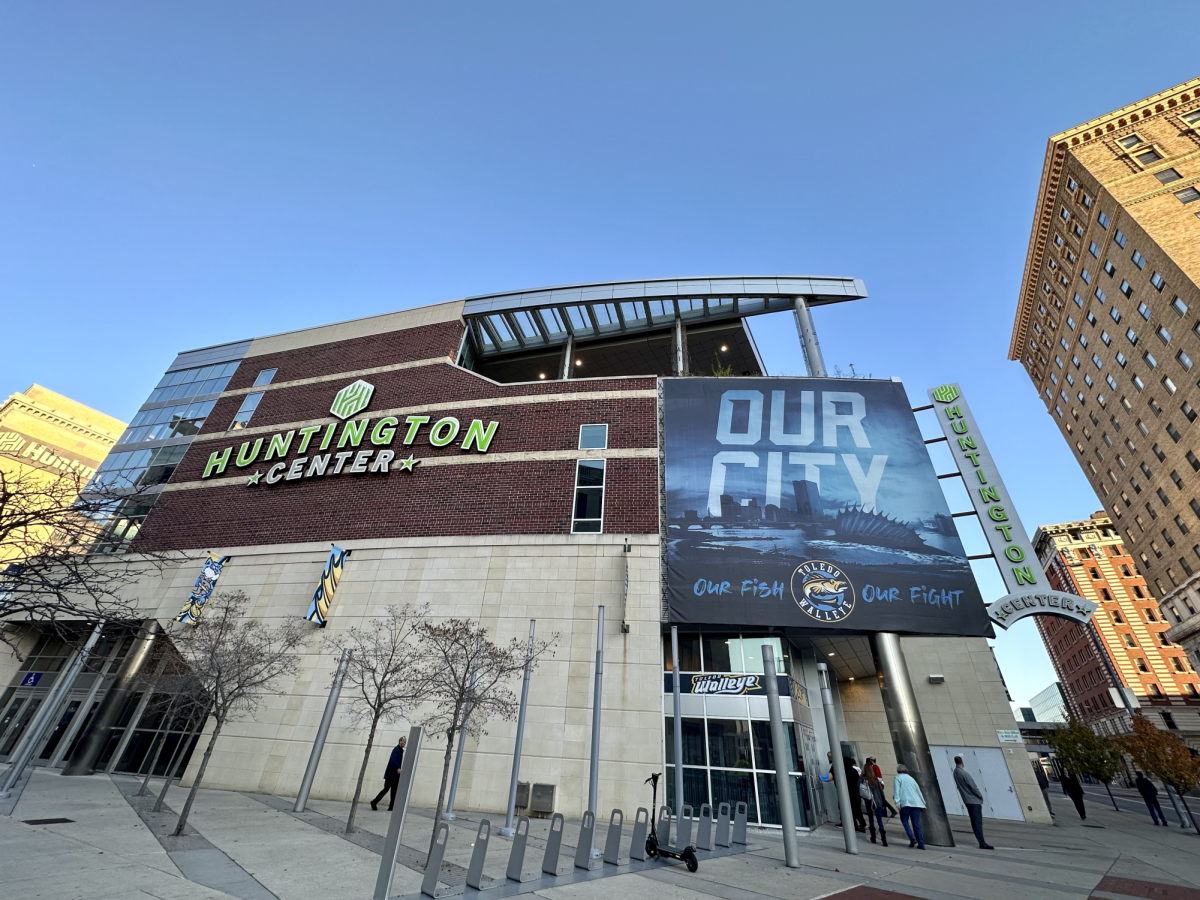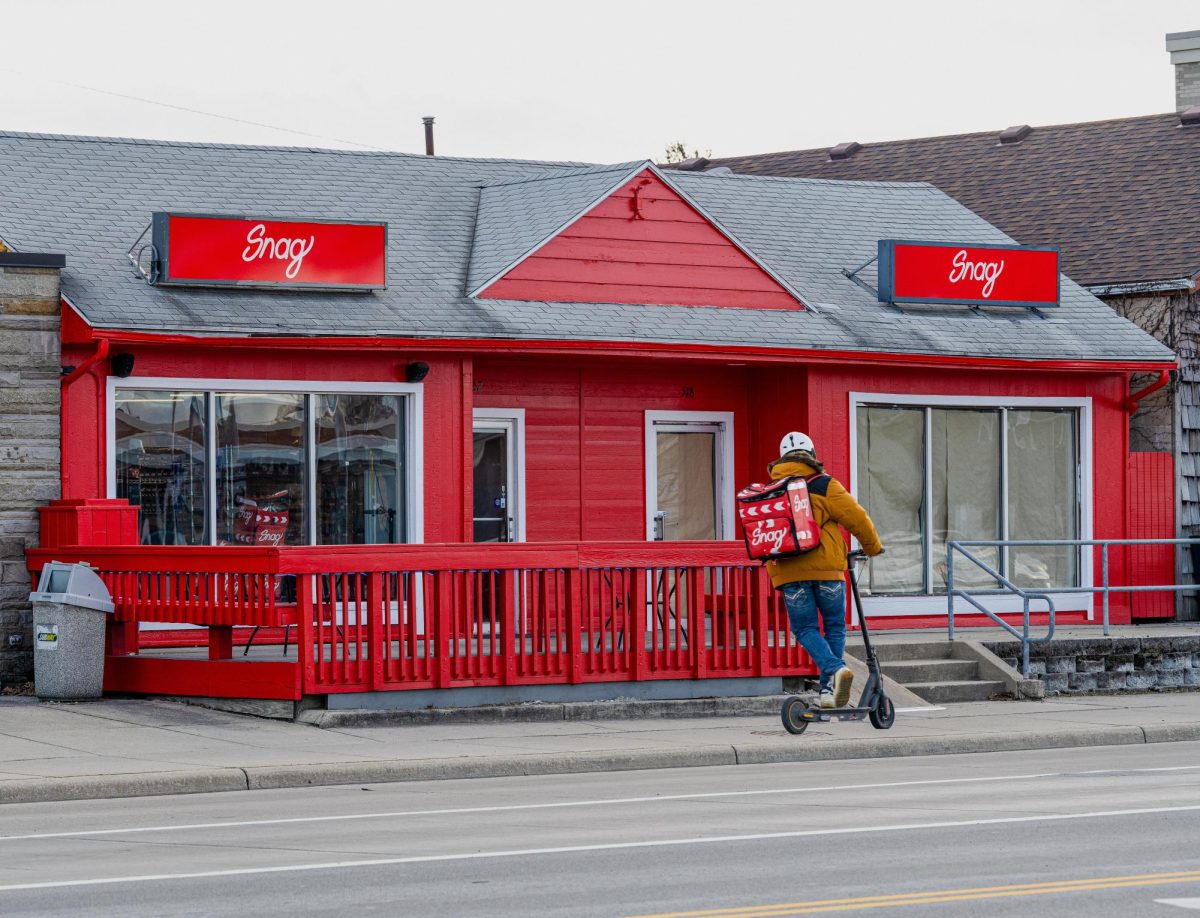When facing poverty, the biggest obstacle is cash.
As a speaker for the University’s Presidents United to Solve Hunger initiative, Luke Shaefer, author of “$2 a Day: Living on Almost Nothing in America,” said when faced with buying clothes and diapers or paying heating and water bills, many families living in poverty struggle because they don’t have access to cash.
“When you have a question about what it’s like to live in poverty, you should go out and talk to people who experience it,” he said.
To do so, he went to places like Chicago, talking to people like Maddonna Harris, a woman who was fired from a job for being $10 short in her drawer at work. Even though the money was found the next day, she was not given her job back. That job was her only access to cash. She also couldn’t afford a place to live in Chicago.
“How many times do we walk by somebody like Madonna Harris, and we don’t think for a second about what their story is and what their experiences are,” he asked. “How many times are we sitting in class with someone with experiences like that?”
Most people keep those intimate experiences to themselves as a survival strategy, he said.
“Because we’re so divided and we don’t know so many of the stories of the people who are trying to stay hidden” we let our biases creep into our views of poverty.
Shaefer said to solve poverty, we need to solve the social rejection, which triggers the same feeling as physical pain.
“What if we do things radically different,” he asked. “Can we have programs that don’t strip people of their dignity but actually enhance it?”
To do this, the poor need to stop being singled out. Shaefer said Social Security is the best poverty solution in the United States because it is open to everyone and also reduces hardship for those who need it. Increasing social connections are also important to enhancing dignities.
With few options to obtain cash for these necessities, some families opt to sell their SNAP - previously called food stamps - at local grocery stores, often only receiving $60 in cash for every $100 of SNAP.
“That is a lot of lost purchasing power,” he said. “That, to me, sort of speaks to the power of cash, that families who are on the very edge of things would rather give up $40 or $50 out of $100 to have the flexibility of cash.”
Selling SNAP also happens to be a serious felony. Penalties for SNAP trafficking can be more extensive than robbing a bank.
The other option many families take is selling plasma, which becomes dangerous for some. One personal account in Shaefer’s book was selling her plasma twice a week, despite being too small to do so. To make sure she would be able to donate twice a week, she had rituals including an iron bar on donation days.
The money she received from donating plasma was the only income her family had each week. Her twice weekly donations were crucial, and she even had scars from donating too often. The United States is the only country in the world that lets people donate plasma twice in a single week.
The number of plasma donations over the last decade has tripled and there were 35.5 million donations in 2015.













